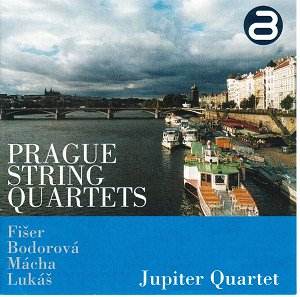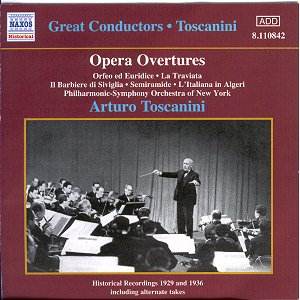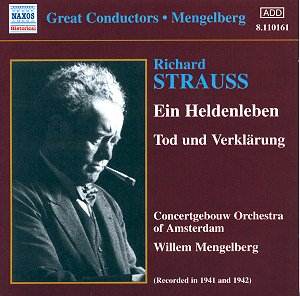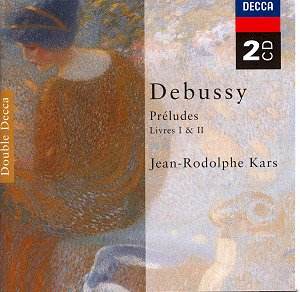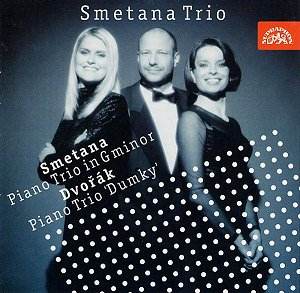 Composer: Bedrich Smetana
Composer: Bedrich Smetana
Works: Piano Trio in G minor; Antonin Dvořák, Piano Trio in E minor, Op. 90 ‘Dumky’
Performers: Smetana Trio (Gabriela Demeterova, violin; Jiri Barta, cello; Jitka Cechova, piano)
Recording: Recorded 6-9 January 2000, Demovina Studio, Prague
Label: Supraphon SU 3500-2
Bedrich Smetana and Antonin Dvořák stand as towering figures in the landscape of Czech music, each embodying distinct facets of national identity and emotional depth. Smetana’s Piano Trio in G minor, composed in 1855 amidst profound personal tragedy, and Dvořák’s Piano Trio in E minor, Op. 90 ‘Dumky’, composed in 1890 at the zenith of his career, represent pivotal contributions to the chamber repertoire. The Smetana Trio’s interpretation of these works not only illuminates their historical significance but also showcases the performers’ deep understanding of the emotional and cultural subtext embedded within the scores.
The Smetana Trio is a remarkable testament to the composer’s emotional landscape, written in response to the heartbreaking loss of his children. The trio’s opening movement, marked by a descending chromatic theme, is a palpable expression of grief. Gabriela Demeterova’s violin playing captures the essence of this theme with a haunting lyricism that resonates with genuine pathos. The choice of quick tempos across all three movements is striking; it contrasts sharply with the somber nature of the thematic material, heightening the emotional tension. The performers navigate this dichotomy with dexterity, employing a lightness in articulation that belies the underlying sorrow. The dance-like elements in the second and third movements, rooted in polka and skocna rhythms, are executed with infectious energy, providing a refreshing juxtaposition to the overall somber narrative.
Dvořák’s Dumky Trio, a seminal work in the chamber music canon, offers a contrasting palette of moods. The Smetana Trio adeptly handles the six varied movements, ensuring that each shift in character is both pronounced and cohesive. The melancholy of the dumka is seamlessly interwoven with moments of exuberance, a testament to Dvořák’s mastery of contrast. The ensemble’s interpretation is marked by a keen awareness of dynamic shading and phrasing, particularly in the slower sections where the cello, played by Jiri Barta, delivers a rich, resonant voice that interplays beautifully with the piano’s delicate textures. The recording captures this interplay with a clarity that allows the listener to appreciate the intricate counterpoint inherent in Dvořák’s writing.
The sound quality and engineering of this recording merit particular commendation. Supraphon’s production presents the trio in an acoustically resonant space that enhances the warmth and intimacy of the performance. While some may argue that the recording leans toward a slightly lush ambiance, it ultimately serves to envelop the listener in the emotional currents of the music. The balance between instruments is judiciously maintained, ensuring that no single voice overpowers the ensemble’s collective sound.
Comparatively, this performance stands favorably against other notable recordings of these works, such as those by the Beaux Arts Trio and the Trio Wanderer. While those interpretations may offer more polished performances, the Smetana Trio imbues their execution with a raw emotionality and authenticity that resonates deeply, particularly in Smetana’s Trio. The visceral connection they forge with the audience is palpable, making this recording not just a technical achievement but a profound emotional experience.
The Smetana Trio’s interpretation of these significant works is an insightful exploration of both personal and national identity, revealing the depth of feeling embedded in the music. Their performance is a compelling reminder of the enduring power of chamber music to evoke the complexities of the human experience, making this recording an essential addition to any serious collection of Czech repertoire.
